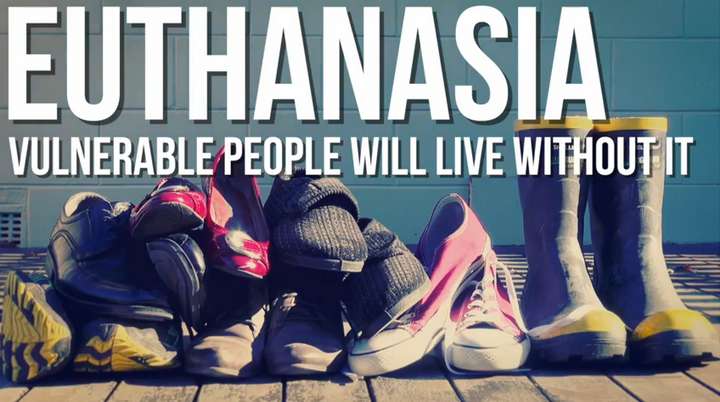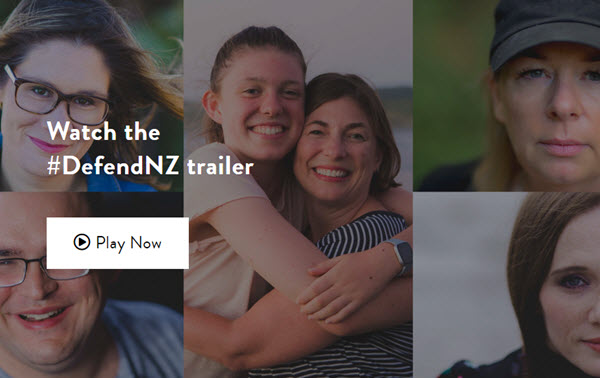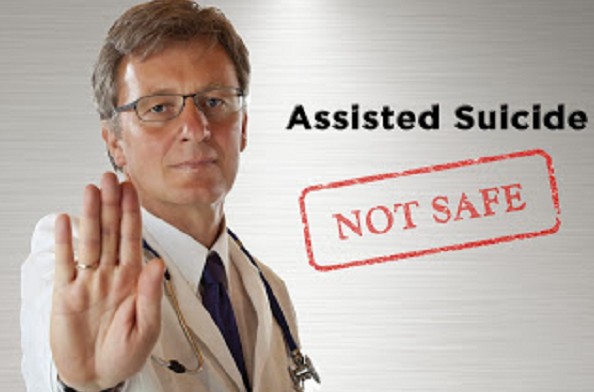
NZ Herald 28 March 2019
Family First Comment: The stories and concerns that highlight the danger of legalising assisted suicide.
#DefendNZ
Protect.org.nz
“There is literally a piece of my DNA that is missing, so there’s no cure.
“Kylee Black has a connective tissue disorder called Ehlers-Danlos Syndrome which is terminal, yet, she is opposed to the End of Life Choice Bill.
Her joints dislocated often with the medical condition affecting her joints, ligaments, tendons, skin, blood vessels and internal organs.Because her joints don’t work as they should, Black relies heavily on other people to help her maintain a fulfilling life.
Along with regular human assistance, she relies on a number of medications and has received many surgeries to keep her body functioning.
The 32-year-old is opposed to the End of Life Choice Bill because she feels people like herself would be pressured to consider assisted dying.
“I have difficult days and those days I don’t need to be confronted with easily accessible death,” she said.
“If assisted suicide is legal it would be legal to promote it. I don’t want to be triggered by assisted suicide ads or flyers.
“I have multiple specialists and go to hospital many times a year. I know my care costs a lot of money. But I also know I contribute to society.
“Black has revealed all in a mini-documentary created by the movement called #DefendNZ which opposes the End of Life Choice Bill.
https://www.nzherald.co.nz/index.cfm?objectid=12216909&ref=twitter



